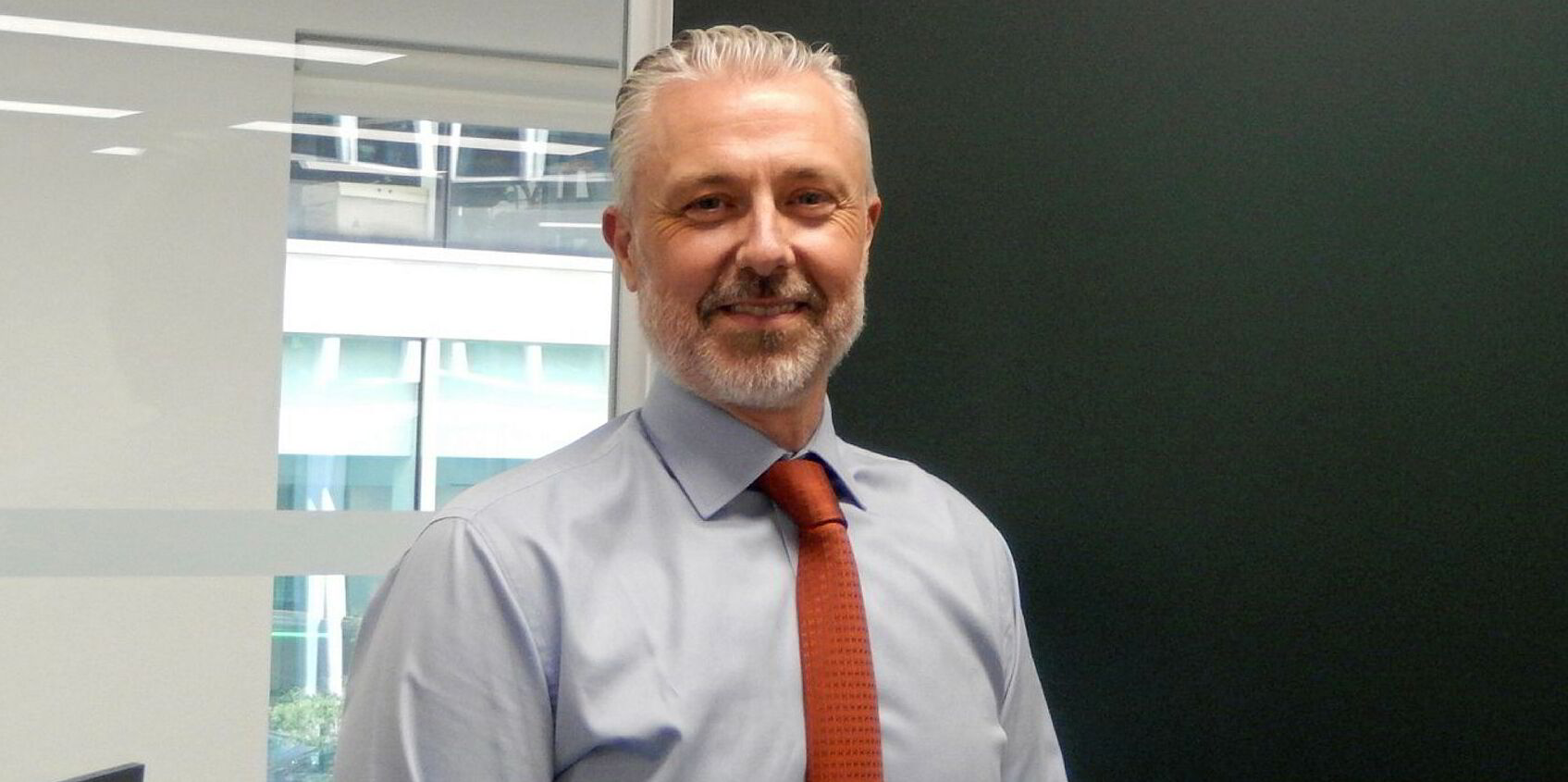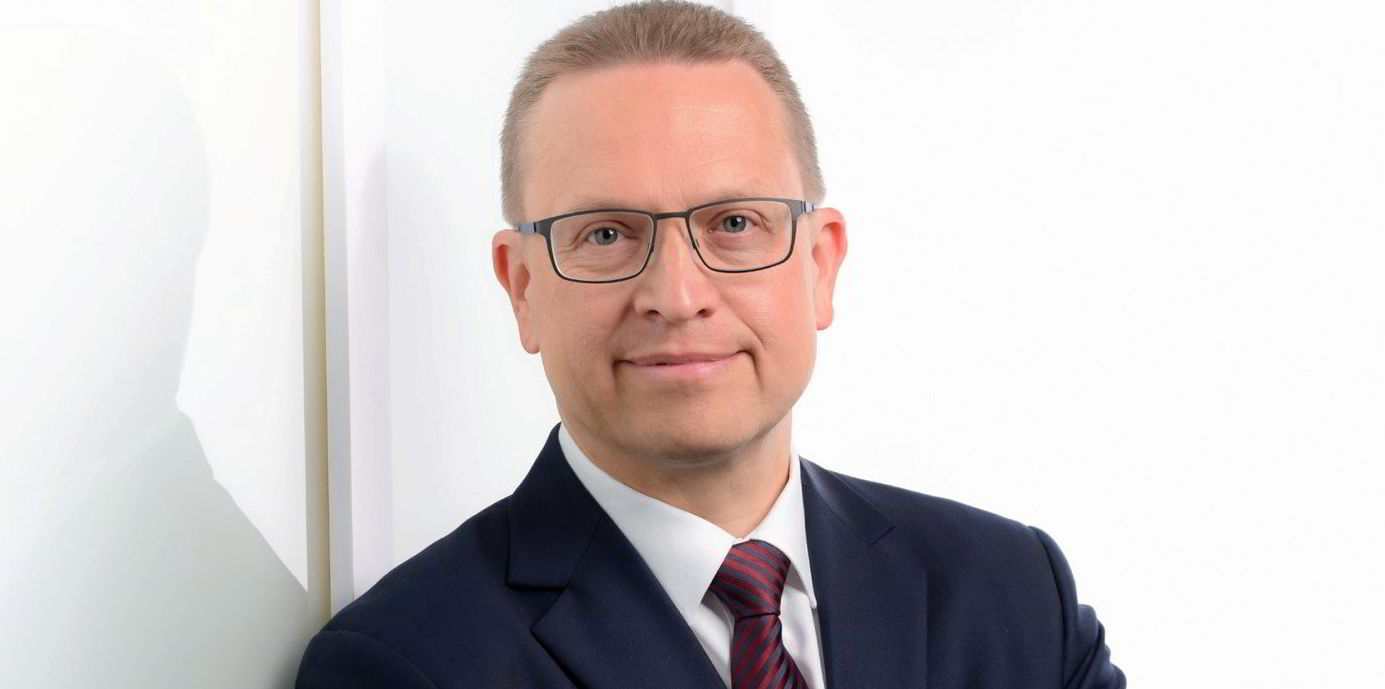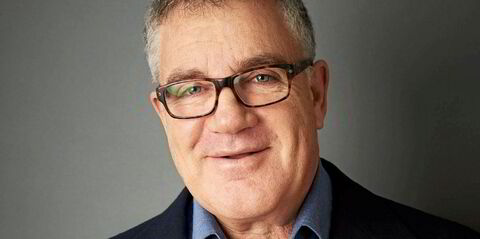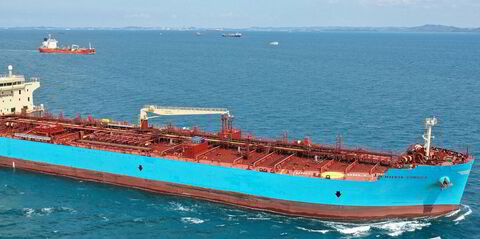Ship managers increasingly have to be all things to all shipowners — and this is driving mergers and acquisitions outside the sector.
Asked about adding data and AI firms for fleet optimisation and decarbonisation, Mark O’Neil, chief executive of Columbia Group, told TradeWinds: “One key issue is the isolation of shipping from the broader logistics network.
“There are significant opportunities in integrating the supply chain using digital optimisation tools,” he said.
“At Columbia, we focus on being a total services provider across the entire supply chain, not just in shipping but also in areas like energy, renewables and even private jet management,” the CEO added.
O’Neil said companies such as SmartSea are revolutionising the industry by developing a new maritime IT ecosystem, where vessels can seamlessly communicate with ports, haulage and aviation.
This will bring huge efficiency gains, he believes.
Other issues like technological innovation, having a single maritime IT voice, decarbonisation and adapting to market changes may be just as important as consolidation, the CEO argued.
“Ship management has to be seen not as an ‘outsourced’ service, but as an in-sourcing exercise whereby client and service provider combine in close partnership, working together as an efficient, effective and supportive team for the common good — the safe and efficient management of crew and vessel,” he said.
Mathavan Subbiah, chief executive of marine services and corporate functions at Synergy Marine Group, said this trend of tie-ups with tech firms is gaining “strong momentum”, especially as decarbonisation and digitalisation become industry priorities.
“Leveraging AI, data analytics and emerging technologies will help managers reduce emissions and enhance operational efficiencies, offering future growth opportunities,” the CEO said.
Cargo owners moving into shipping
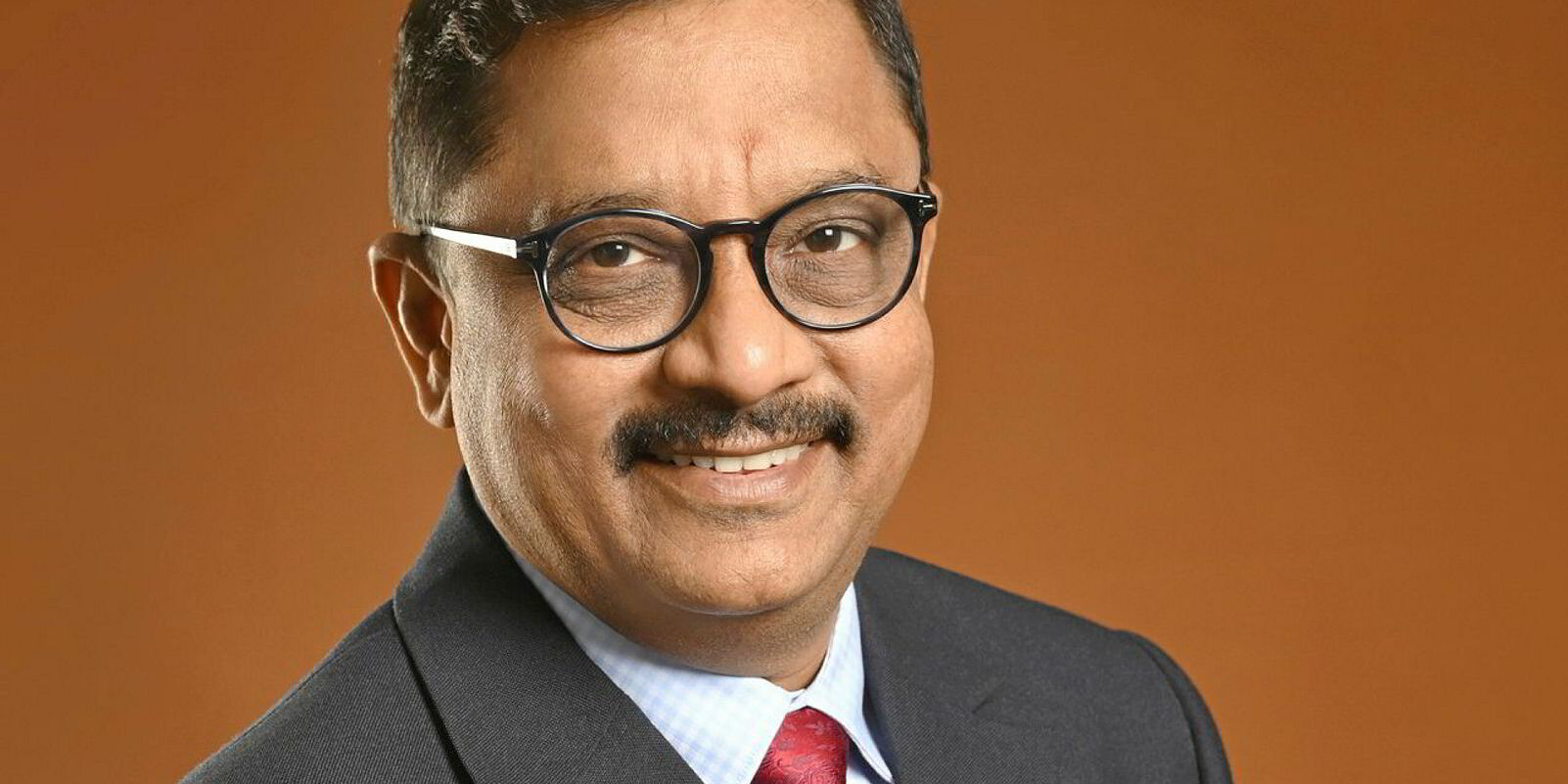
“Similarly, e-commerce and electric vehicle companies are investing in logistics by acquiring ships to vertically integrate their supply chains, improving efficiency and incorporating sustainable shipping technologies,” he told TradeWinds.
“This trend will drive consolidation within ship management and the wider maritime transportation sector, not just for scale but for long-term value creation through innovation and sustainability,” Subbiah argued.
Rene Kofod-Olsen, V.Group CEO, said his company remains open to teaming with organisations that can help enhance marine services “or make us work smarter”.
“This includes pursuing M&A opportunities that make sense for our portfolio when they arise,” the CEO said.
“Ultimately, it is the needs of the customer that we must keep front and centre — so the prudent thing to do is to keep an open mind about where some of those partnerships and M&A activities might take place, also if that happens to be outside of the shipping industry.
“There is a lot we can learn from other industries,” Kofod-Olsen believes.
He added: “We are convinced that digital plays a significant role in making operations more effective and transparent for our customers and enabling our on- and offshore colleagues to focus on what matters in their daily work — safety and delivering solid craftsmanship.”
The V.Group CEO sees demand increasing for a wider range of services “under one roof”.
“Shipowners are trying to do everything in their power to tackle the challenges ahead. We believe that third-party ship managers are uniquely well-placed to act as a compass for our industry as it grapples with the tremendous changes it must make over the coming years,” the CEO concluded.
Some things are more important than M&A
Ian Beveridge, CEO of Bernhard Schulte Ship Management (BSM), told TradeWinds: “I am convinced that more than consolidation, the sustainable and digital transformation of the industry is the key driver shaping the future of our business.
“We must find answers to these developments and take appropriate measures and initiatives. This indeed requires a certain level of scale and manpower, which smaller ship managers may struggle to achieve. Nevertheless, size alone is not enough to address these complex challenges in a sustainable way,” he said.
Beveridge said BSM as a family business prioritises long-term investments over short-term profits.
He pointed to MariApps Marine Solutions as an example.
This was set up by the group nearly 15 years ago and has grown into a “leading” provider of maritime software and digital solutions, the CEO said.
“This success story demonstrates that growth does not always have to come through mergers and acquisitions. We have allowed MariApps the time and trust to grow organically and sustainably. It requires entrepreneurial vision instead of expecting short-term financial returns,” he added.
